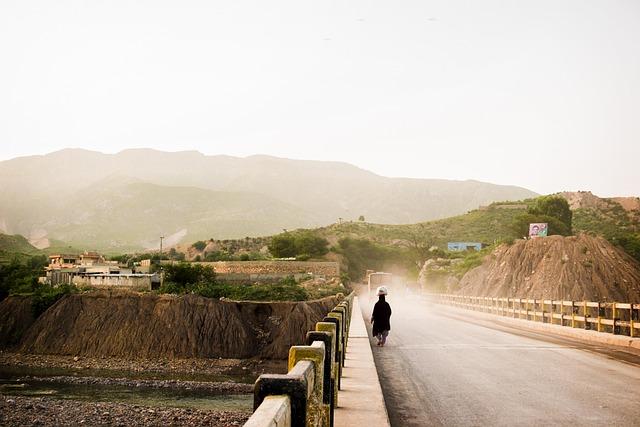Pakistan’s Education System: Addressing the Challenges of Quality
Pakistan, a nation rich in culture and heritage, faces numerous challenges in its education system that threaten the quality of learning for millions of students. In this article, we will delve into the key challenges, explore potential solutions, and present insights into the journey toward enhancing the quality of education in Pakistan.
Understanding the Current State of Pakistan’s Education System
The education system in Pakistan consists of various levels: primary, secondary, and higher education. Despite the government’s efforts to enhance literacy rates and educational access, the country still grapples with significant issues that undermine educational quality.
Key Challenges in Pakistan’s Education System
- Quality of Teaching: Many educators lack proper training, which affects their teaching efficacy.
- Infrastructure Deficiencies: Poor facilities and inadequate resources hinder the learning environment.
- Socioeconomic Disparities: Economic factors often limit educational access for underprivileged communities.
- Curricular Issues: Outdated curricula fail to meet the demands of the modern job market.
- Government Policies: Inconsistent policies and lack of long-term educational strategies impact sustainability.
Benefits of Improving Education Quality in Pakistan
Enhancing the quality of education in Pakistan has far-reaching benefits:
- Improved Literacy Rates: A focus on quality education leads to increased literacy and numeracy skills.
- Economic Growth: A well-educated workforce contributes positively to the economy.
- National Development: Quality education fosters critical thinking, innovation, and national pride.
- Global Competitiveness: Upgrading education aligns with international standards, enhancing competitiveness.
Strategies to Address the Quality Challenges
To address the challenges within Pakistan’s education system, several strategies can be considered:
1. Teacher Training and Professional Development
Investing in teacher training programs can significantly improve teaching quality. Regular workshops and certifications can equip educators with contemporary teaching methodologies.
2. Infrastructure Development
Enhancing school facilities, including access to libraries and technology, can create a conducive learning environment, essential for student engagement.
3. Curriculum Reform
Updating the curriculum to align with modern educational standards and labor market demands can make education more relevant and valuable for students.
4. Policy Consistency
Establishing clear and consistent educational policies ensures long-term planning and implementation of quality measures in education.
Case Studies: Success Stories in Pakistan’s Education
Despite the challenges, certain initiatives in Pakistan have shown promising results:
| Program/Initiative | Key Outcomes |
|---|---|
| Teach for Pakistan | Improved teaching methods and student engagement in underprivileged areas. |
| The Citizens Foundation (TCF) | Established schools in urban slums, raising literacy rates and community involvement. |
Practical Tips for Enhancing Education Quality
Here are some practical tips for institutions, educators, and policymakers:
- Encourage community involvement in schools to foster support and resources.
- Utilize technology for remote learning where traditional methods are challenging.
- Implement feedback mechanisms for continuous improvement in teaching practices.
- Promote an inclusive environment that caters to diverse learning needs.
Conclusion
Pakistan’s education system is at a crossroads, facing various challenges that threaten its quality and effectiveness. By focusing on teacher training, infrastructure, curriculum reform, and sustainable policies, the nation can create a more robust educational framework. Addressing these challenges effectively will not only enhance individual prospects but also contribute to the overall development of Pakistan as a whole. It is time for stakeholders, including government, educators, and communities, to unite in their efforts to transform education in Pakistan.



